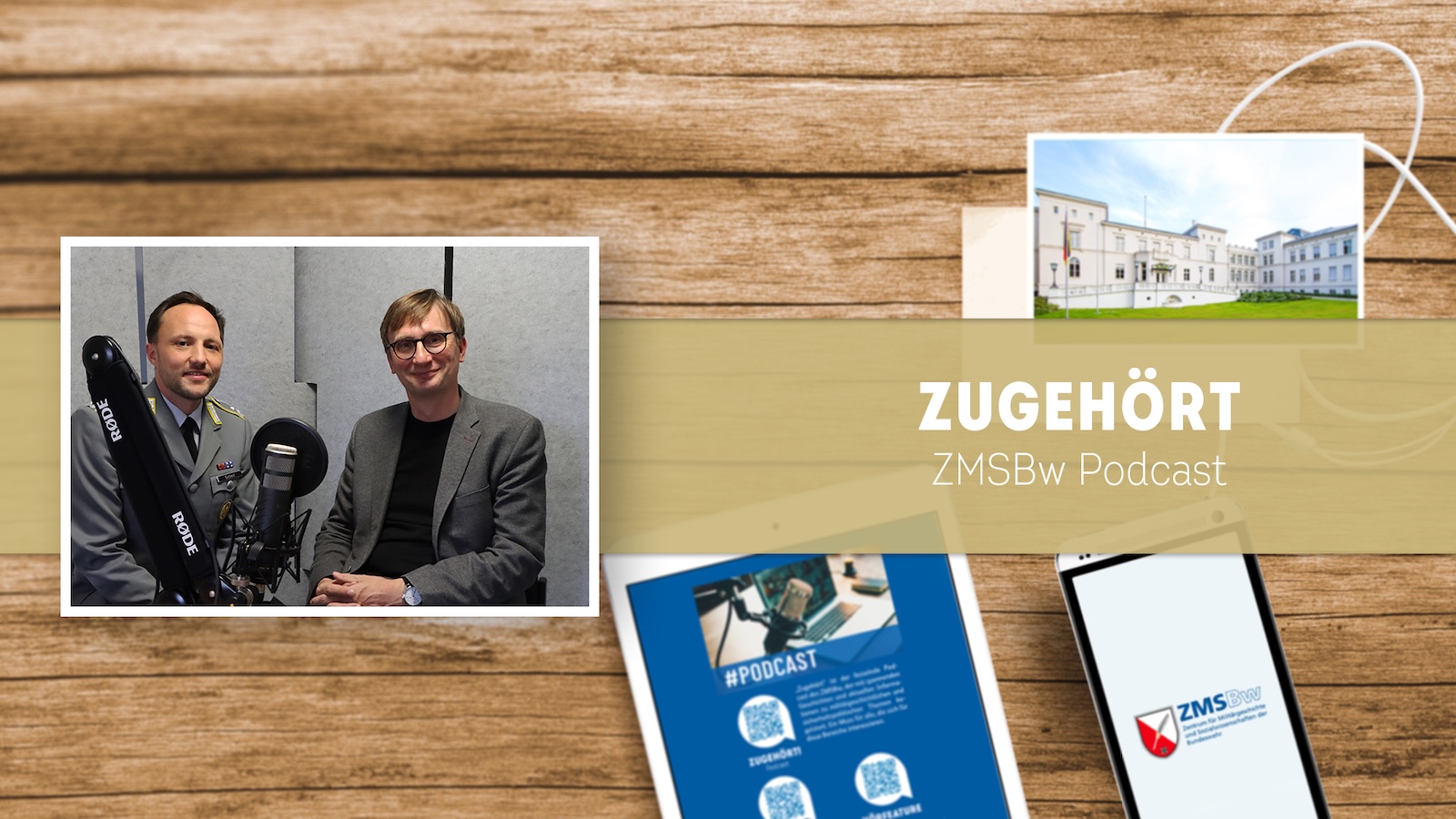Get the weekly SPARTANAT newsletter.
Your bonus: the free E-Book from SPARTANAT.

From zero to alliance. The early days of the German Armed Forces
On November 12, 1955, the German Armed Forces celebrated their founding day amidst Germany's challenging post-WWII landscape. Historian Sönke Neitzel explores the complexities of early Bundeswehr formation, including military traditions, internal conflicts, and key events that shaped its evolution, in a new podcast episode.
70 years ago, on November 12, 1955: The German Armed Forces celebrate their founding day. How did a new army of democracy emerge in the western part of a devastated Germany with its dictatorial legacy? Historian Sönke Neitzel from the University of Potsdam discusses this with Lieutenant Colonel Michael Gutzeit in the ZMSBw podcast.
Just ten years after World War II, the fledgling Federal Republic of Germany once again had armed forces, including former Wehrmacht soldiers. The founding of the Bundeswehr marked a turning point for West Germany on its path from occupation to alliance politics and West German sovereignty. But the road to get there was hard-fought: The Korean War had alarmed the West, led by the US, while protests against rearmament flared up in Germany. This was because the fear of a “state within a state” ran deep after historical experiences.
Old and new
In conversation with Sönke Neitzel, the new episode of Zugehört sheds light on the political, military, and social tensions during the early days of the Bundeswehr. The focus is particularly on the first twenty years after its founding, as these were more formative than most that followed. The emergence of the “Himmeroder Denkschrift” (Himmerod Memorandum) as a key document in West German rearmament, but also the Personnel Assessment Committee and its work, demonstrate how heavily former members of the Wehrmacht were involved in rebuilding the armed forces. At the same time, “inner leadership” gave rise to the model of the “citizen in uniform” – an attempt to combine democratic responsibility and military tradition. But the new leadership philosophy was anything but uncontroversial.
Light and shadow
We also discuss internal conflicts such as the dispute between the “lieutenants of Hamburg” and the “captains of Unna.” Scandals and affairs are also discussed, such as the Iller accident in 1957, the Spiegel scandal of 1962, the Nagold affair in 1963, and the debate triggered by the Schnez study in 1969. In addition to all the doubts of the post-war period, we also talk about rays of hope, such as the Bundeswehr's flood relief efforts on the Elbe in 1962. Furthermore, the episode covers a wide range of topics, from the introduction of conscription and the nuclear weapons issue to the Ostpolitik of the 1970s, at a time when the Bundeswehr reached a strength of almost half a million soldiers. At the end, Prof. Neitzel takes stock, focusing on what we can learn from our history for our present and future.
The episode is available on Spotify, Apple Podcasts, or the ZMSBw website.
SPARTANAT is the online magazine for Military News, Tactical Life, Gear & Reviews.
Send us your news: [email protected]
Ad
similar
Get the weekly SPARTANAT newsletter.
Your bonus: the free E-Book from SPARTANAT.


